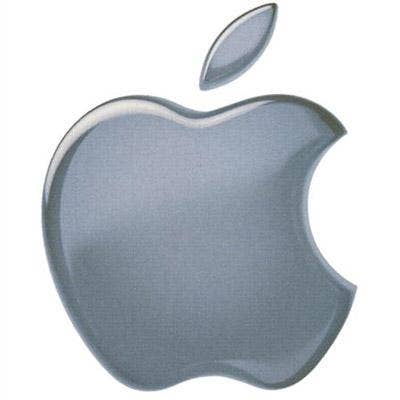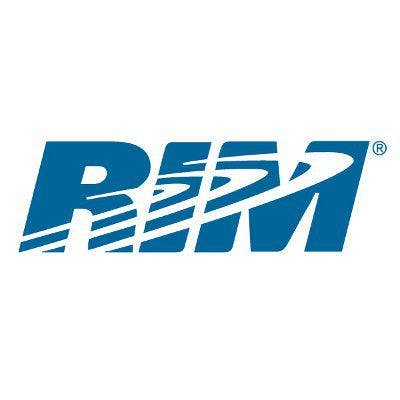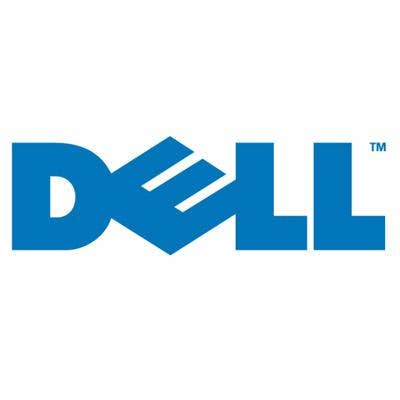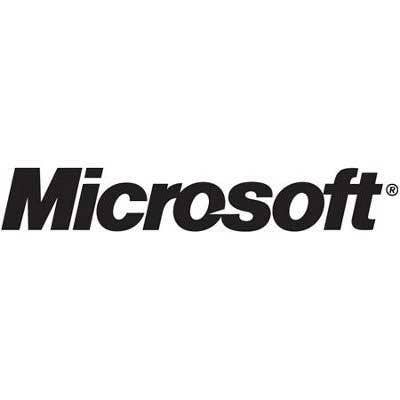5 Companies That Dropped The Ball This Week

Apple's Cloak and Dagger Security Update
If Apple updates the built-in malware protection in OS X without telling anyone, does that constitute a breach of disclosure ethics? It’s a question security experts were asking this week in the wake of Apple's recent 10.6.4 update.
Apple updated its XProtect.plist, a file that contains basic signatures for various Mac threats, specifically to detect the HellRTS Trojan, which pretends to be the iPhoto application and can be found on various Torrent sites. The eagle-eyed sleuths at Sophos were the first to discover the change and they were quick to accuse Apple of trying to cover up the issue to protect OS X's stellar security reputation.
Although Sophos was using a shield of righteousness to make its claims and drive interest in its own OS X antimalware offering, security solution providers were on the security vendor's side in this case. Many experts believe that the popular wisdom that Macs are invincible to threats is one of the industry's most dangerous misconceptions.

SMobile Systems Bangs The Android Fear Drum
Mobile security vendor SMobile Systems published a report this week that claimed 20 percent of the 48,000 Android Marketplace applications it studied in a recent report allow third-party apps to access "private or sensitive information that an attacker could use for malicious purposes’.
The implication appeared to be that Android Marketplace is a Wild West environment and that Android users don't have control over what apps can access their sensitive personal data.
Google quickly disputed the report's findings and noted that all Android apps must get users’ permission to access sensitive information. And the fact that SMobile sells products that address the dangers it outlined in the report seemed a bit fishy as well.
Later, it emerged that SMobile Systems is a strategic partner of AT&T, the exclusive iPhone carrier in the U.S. Things that make you go hmmm...
Nonetheless, SMobile isn't backing down from its findings. "SMobile stands by the data unearthed in our study of the Android market," the company said Tuesday in a note on its Website.

RIM's Competitive Edge Shows Signs Of Dulling
Research In Motion's BlackBerry smartphones have been courageously competing with the iPhone, but it looks like that grueling task may be starting to sap RIM's strength. In its Q1 earnings this week, RIM missed Wall Street's expectations for both handset sales and overall subscribers.
Although profit was up 20 percent, the growing momentum of Android has investors worried about how RIM will keep up in the insane pit of competition that is today's smartphone marketplace. RIM shares fell more than 5 percent Thursday after the report and are down 13 percent this year.
Of greater concern for RIM is that its App World mobile marketplace hasn't germinated much interest with developers. The reason why is simple: Developing Blackberry apps takes too long, and without a critical mass of apps for sale, customers are giving App World a wide berth.

Dell's Makeover Strategy Doesn't Impress
At Dell's analyst day conference, the PC maker sought bravely to show that it has a plan for diversifying its business and boosting its data center presence. Not to mention maintaining profit levels in the face of rising component costs and weakening consumer PC demand.
But Dell's plan didn't impress, and its shares sank more than 6 percent that day. They've also sunk nearly 50 percent since Michael Dell returned to the helm in 2007.
Dell told analysts to expect a rise of 14 percent to 19 percent in its fiscal 201 revenue. The message was hopeful, but there are too many questions around Dell right now for that to make much of an impact on investors.
Dell is negotiating some sort of settlement in its five-year investigation by the SEC, and Michael Dell earlier this month at a Sanford Bernstein Conference answered "yes" to a question about whether he'd thought about taking the company private.
Dell tried gamely to put on a happy face this week, but no one on Wall Street seems to be putting much stock in its long term vision.

Microsoft Touts Little Wins Versus Google Apps
At this point in the Office productivity software market, Google Apps is something more than a bug on the windshield but still not a major threat, at least when it comes to market share. And yet, Microsoft has been jumping at the chance to show how companies that have tried Google Apps sometimes decide they like Microsoft's Business Productivity Online Suite (BPOS) better.
But really, is it that newsworthy when a company tries a product and later decides that product doesn't meet its needs? Switching products is something that happens every day in this business. And besides, Google could come up with a bunch of examples of how BPOS customers have crossed over to Google Apps bliss.
Microsoft has also been highlighting BPOS' deeper feature set and integration capabilities, as well as Google's tendency to not mention operational costs in its $50 per user/per year Google Apps mantra. In the opinion of solution providers, these are better points for Microsoft to hammer away at, and are ones that make the software giant seem less desperate.